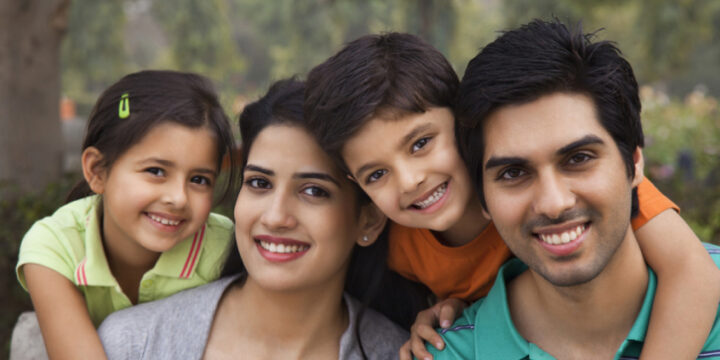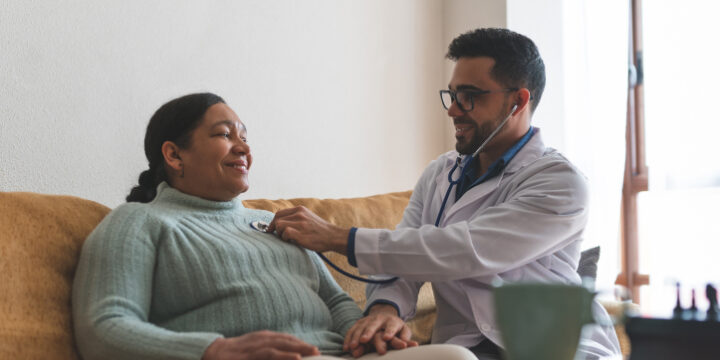Chickenpox
What is Chickenpox?
Varicella, commonly known as chickenpox, is a highly contagious viral infection that causes an itchy, blister-like rash. It primarily affects individuals who have not previously had the disease or been vaccinated against it.
Prior to the introduction of the chickenpox vaccine in the U.S., approximately 4 million people, mostly children, contracted the disease each year. Thanks to widespread vaccination, the number of chickenpox infections and hospitalizations has significantly decreased, greatly reducing the impact of the disease.
On this page, you can explore how chickenpox spreads, who is at risk, what the symptoms are, how to prevent chickenpox, and who most needs to be vaccinated.
Prior to the introduction of the chickenpox vaccine in the U.S., approximately 4 million people, mostly children, contracted the disease each year.
How does chickenpox spread?
The virus is highly infectious, spreading mainly by touching chickenpox blisters or by inhaling virus particles released when infected people cough or sneeze.
Chickenpox mainly spreads from unvaccinated people with chickenpox to others who have never had the virus.
People who never had chickenpox, did not get the chickenpox vaccine, or do not have immunity to chickenpox can develop chickenpox from someone with shingles, a recurrence of the same virus that causes chickenpox. This can happen through direct contact with fluid from shingles rash blisters or by breathing in virus particles from the blisters.
You can be contagious beginning 1 to 2 days before the first sign of chickenpox rash and continue to spread the disease until all the chickenpox blisters have scabbed over.
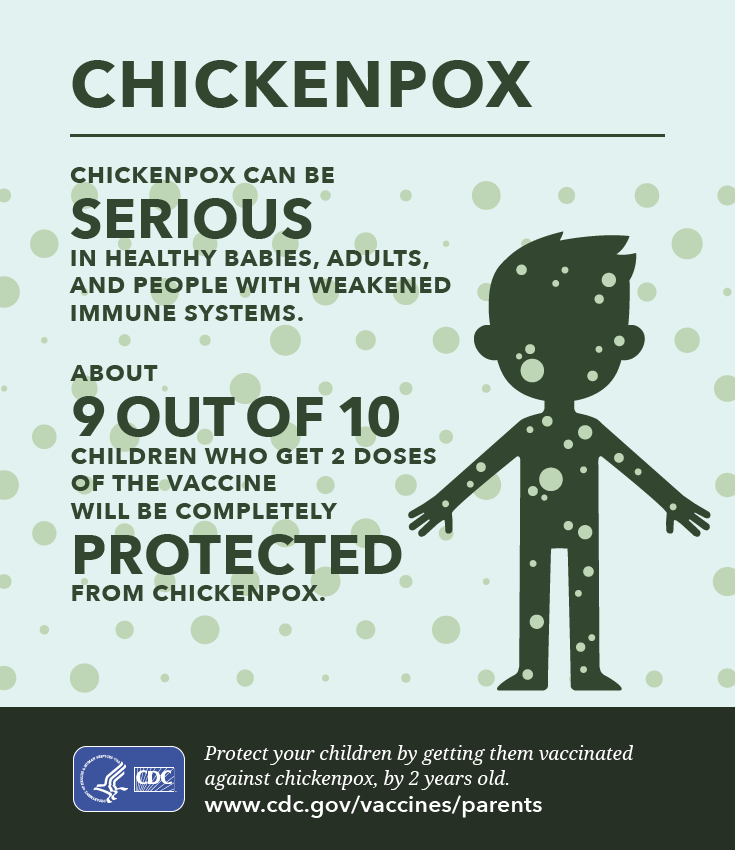

Anyone can become ill from chickenpox. Chickenpox does not only infect children. In fact, the risk of hospitalization and death from chickenpox is increased in adults. Pregnant women and their newborns who get chickenpox are at increased risk of serious health complications from chickenpox.
People with weakened immune systems also have a higher risk of complications from chickenpox.
While chickenpox is often mild in many people, it can lead to serious complications in others, including infected blisters, pneumonia, bleeding disorders, brain inflammation, hospitalization, and even death. In some cases, even mild chickenpox can be dangerous. Once a person contracts the virus, it remains dormant in the body and can reactivate later in life as shingles. Only individuals who have had chickenpox can develop shingles.
Chickenpox is very contagious.
According to the CDC, up to 90% of people who are not immune and are close to someone with chickenpox will also get infected.
What are the symptoms of chickenpox?
Chickenpox typically lasts between four to seven days. The most noticeable symptom is an itchy rash that develops into small, fluid-filled blisters, usually starting on the back, chest, and face. Within about a week, these blisters scab over. It’s common to see both blisters and scabs at the same time.
In addition to the rash, other symptoms may appear one to two days before the rash develops, including:
- Fever
- Loss of appetite
- Headache
- Fatigue and a general feeling of being unwell
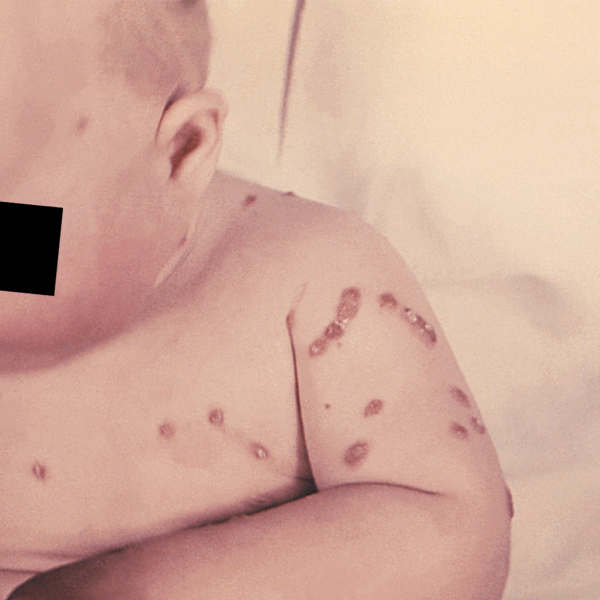

Two doses of varicella vaccine are 90% effective at preventing chickenpox.
How can I prevent chickenpox?
The varicella vaccine (chickenpox vaccine) is the best way to prevent chickenpox for people of all ages. Two doses of varicella vaccine are 90% effective at preventing chickenpox. There is also a combination vaccine, called MMRV, which combines the varicella vaccine with the MMR vaccine (measles, mumps, and rubella).
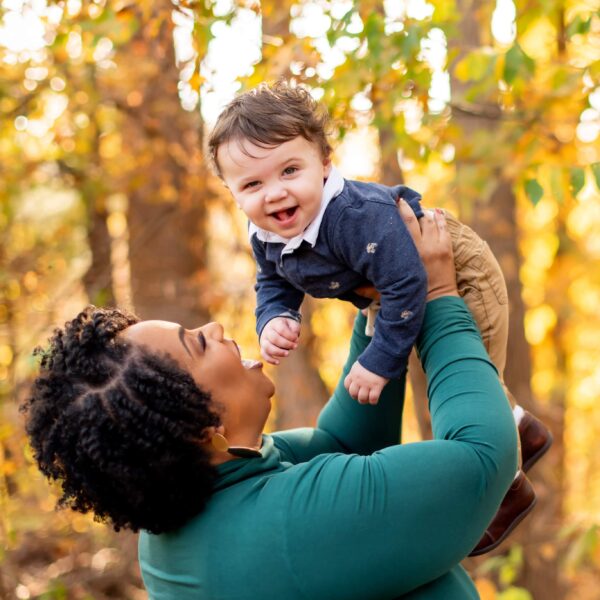

Babies and Children
For the best protection against chickenpox, your child needs to get two doses of the varicella vaccine. The first dose should be given between 12 and 15 months old, and the second dose is given between 4 and 6 years of age.
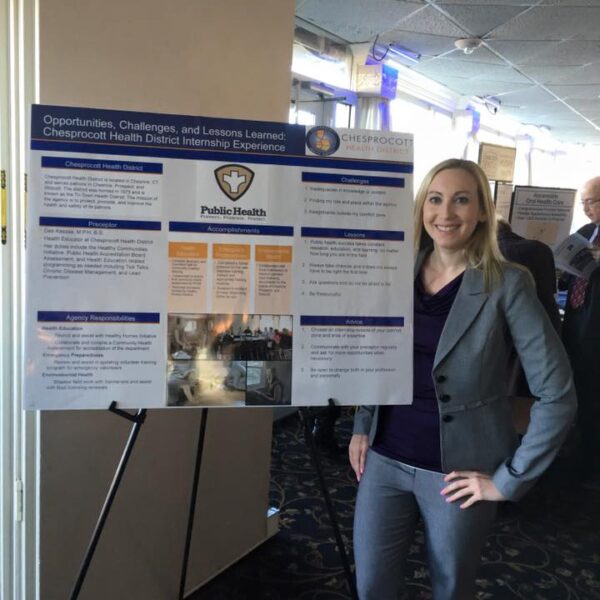

Adults
The risk of hospitalization and death from chickenpox is higher in adults. If you are an adult who has never had chickenpox or has not received the vaccine, it is important to get two doses of the varicella vaccine.
Chickenpox vaccination is especially important for:
- Healthcare professionals
- People with HIV or weakened immune systems
- Caregivers or people who interact with individuals with weakened immune systems
- Teachers
- Childcare workers
- Residents and staff of nursing homes and residential care facilities
- College students
- Inmates and staff of correctional facilities
- Military personnel
- Non-pregnant women of childbearing age (to prevent complications during pregnancy)
- Adolescents and adults living with children
- International travelers
Before there was a vaccine, chickenpox resulted in about 10,500-13,500 hospitalizations and 100 to 150 deaths annually.
Immunization Schedules
To ensure that your family is up to date on their vaccines, view or download the childhood and adult immunization schedules and talk to your healthcare provider.
Since the introduction of the chickenpox vaccination program in the U.S., cases of chickenpox have decreased by more than 97%. The vaccine is highly effective at preventing severe illness, resulting in a dramatic reduction in hospitalizations and deaths.
If a vaccinated person does get the disease, they can develop lesions that are contagious to others. These people are contagious until no new lesions have appeared for 24 hours.
Watch this video to find out why you never want to RSVP “yes” to a “chickenpox party.”
